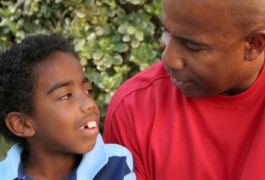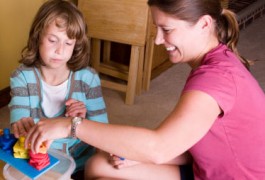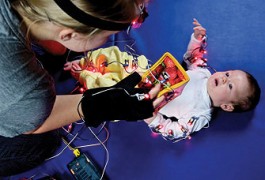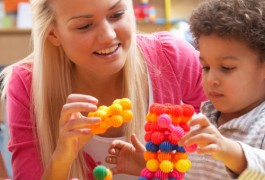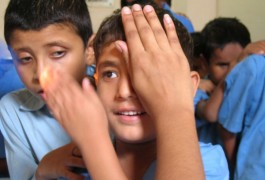Cognition and behavior: Language defect identified in autism
Children who have both autism and intellectual disability may understand fewer words than their speaking skills suggest, which is not the case for typically developing children or those with intellectual disability alone. The results were published 21 February in the Journal of Autism and Developmental Disorders.
